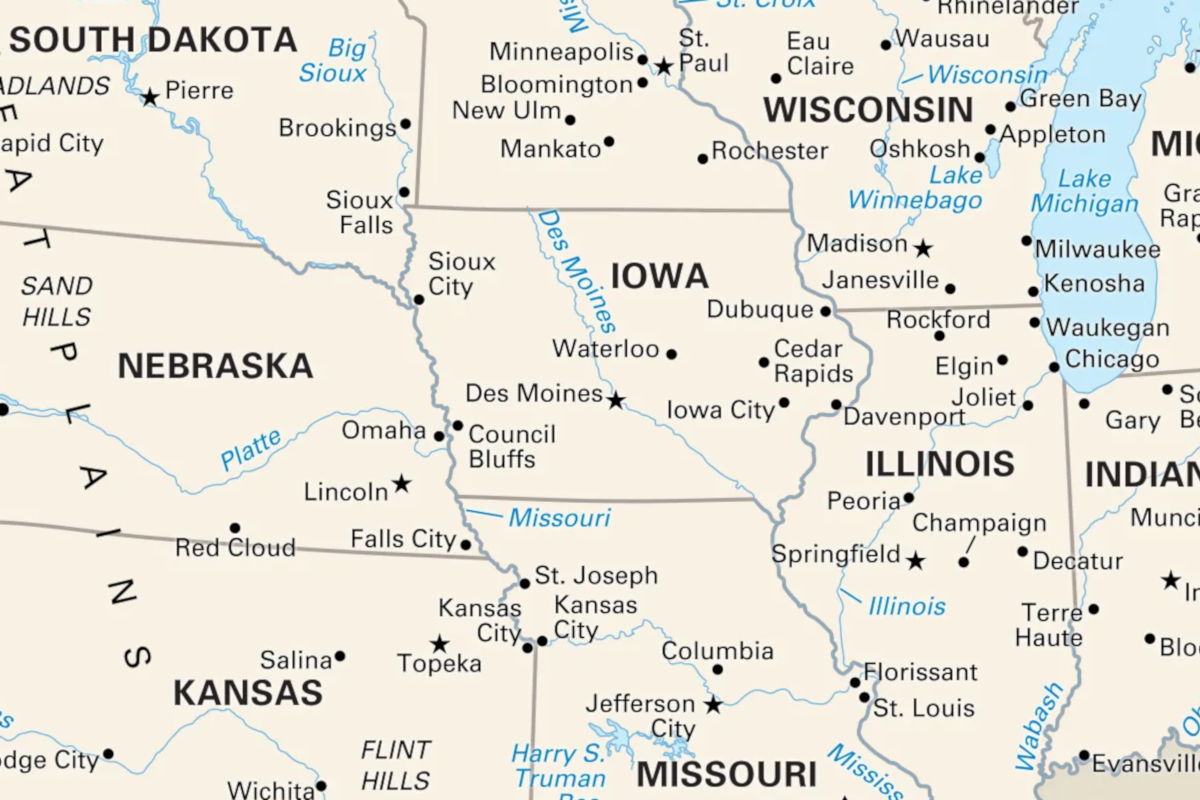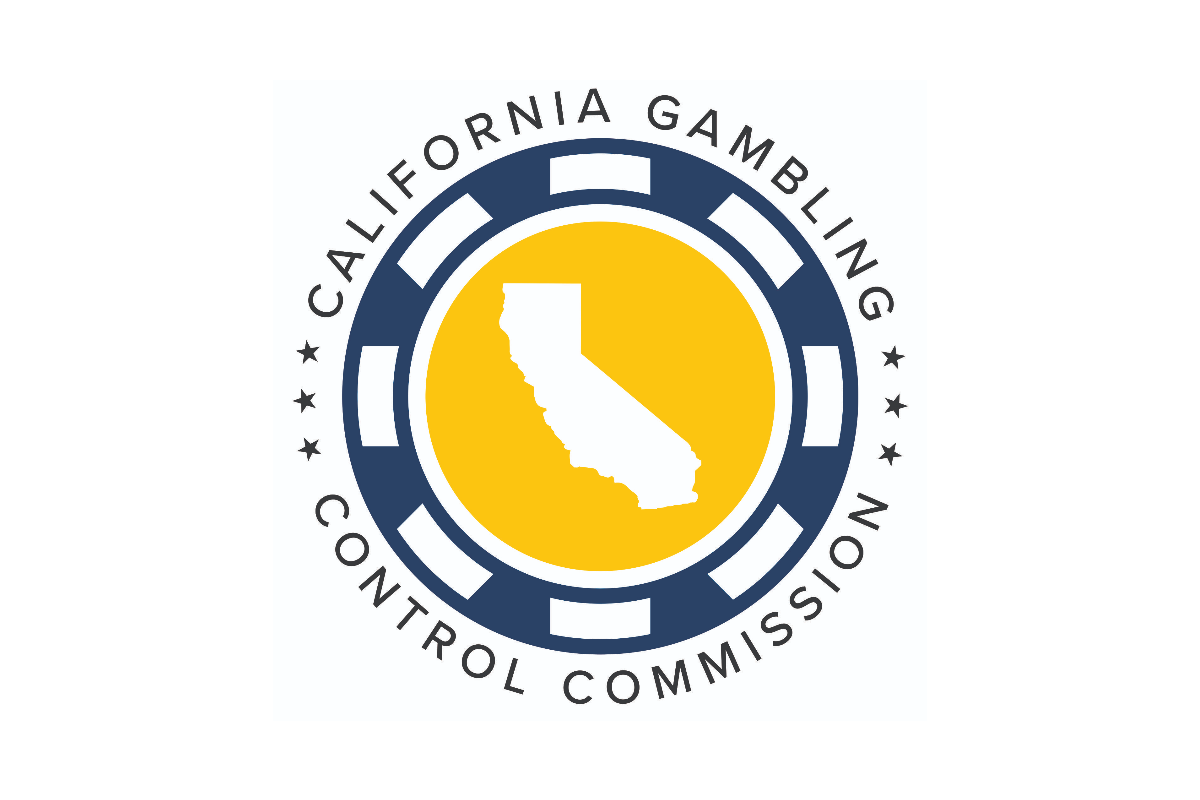
Iowa Legislator Introduces Bill to Legalize Online Slot and Table Games
A lawmaker in the American state of Iowa has proposed legislation that looks to further expand the Midwestern jurisdiction’s iGaming market by legalizing the provision of online slot and table games.
Iowa is home to almost 3.2 million people and has allowed local sports betting aficionados to place wagers online since August of 2019. The state’s 17-strong club of licensed sports wagering domains has since gone on to rack up more than $5.4 billion in aggregated handle and contribute nearly $24.9 million in associated tax revenues.
Bobby Kaufmann is a Republican member of the Iowa House of Representatives and has now lodged his prospective House Study Bill 227 (HSB 227) as part of an effort to bring online slot and table games to punters in ‘The Hawkeye State’. The 38-year-old legislator revealed that the successful passage of his bill would result in a lot of benefits for the state’s embryonic iGaming market along with as much as $35 million in extra tax revenues every year.
Six American states encompassing Delaware, Connecticut, New Jersey, Michigan Pennsylvania and West Virginia currently allow residents to enjoy slot and table games entertainment over the Internet while Nevada permits online poker. Kaufmann asserted that he introduced HSB 227 so as to keep the conversation on the local expansion of iGaming current with his proposed bill having already been referred to the Iowa House of Representative’s Ways and Means Committee, in which he serves as Chair.
A virtual clone of the unsuccessful HSB 604 measure Kaufmann introduced last year, HSB 227 seeks to allow the 19 land-based and riverboat casinos in Iowa to obtain licenses for the provision of online slot and table games. Although no tax details have been included within the language, the Iowa Racing and Gaming Commission detailed that the jurisdiction’s retail gambling establishments generated more than $143 million in adjusted gross revenues in February including some $11.9 million from sports betting.
However, Kaufmann conceded that HSB 227 is not likely to be approved anytime soon and may not even be put up for a full vote before the start of the state’s 2024 legislative session. The bill’s prospects have been further complicated by a measure approved by Iowa Governor Kim Reynolds in June that implemented a two-year moratorium on the issuance of any new gaming licenses.
Casino operators in Iowa supported the licensing freeze to July of 2024 in hopes of bringing stability to a market that is continuing to suffer from the negative impacts of the coronavirus pandemic alongside the recent appearance of gambling establishments in the neighboring jurisdiction of Nebraska. Jack Whitver from the Iowa State Senate asserted that the last few years have seen ‘a lot of changes to our gaming laws’ and there now potentially exists ‘a little, maybe a lot, of gaming fatigue within the Capitol’.










